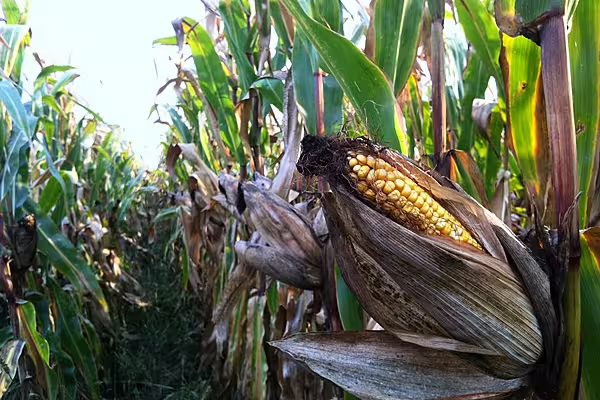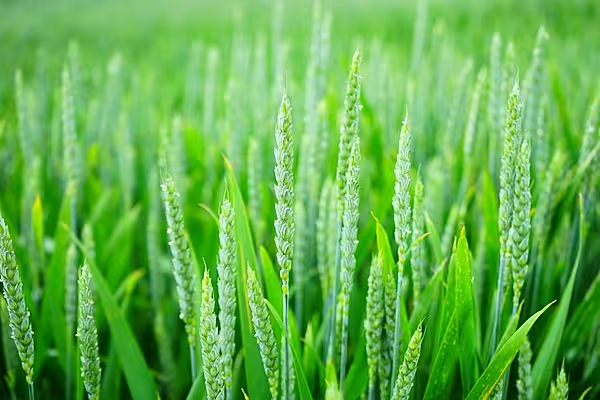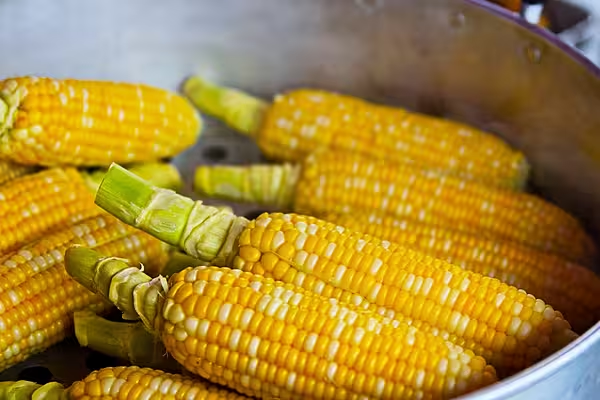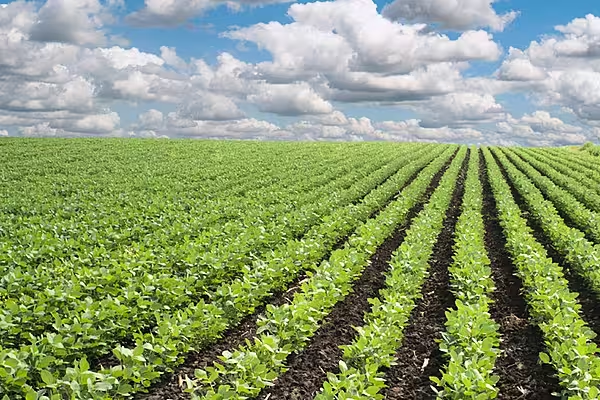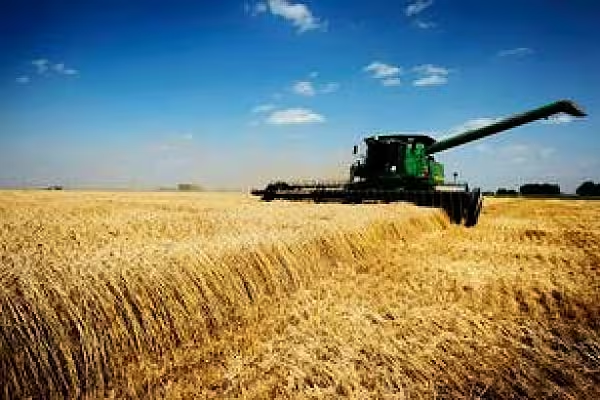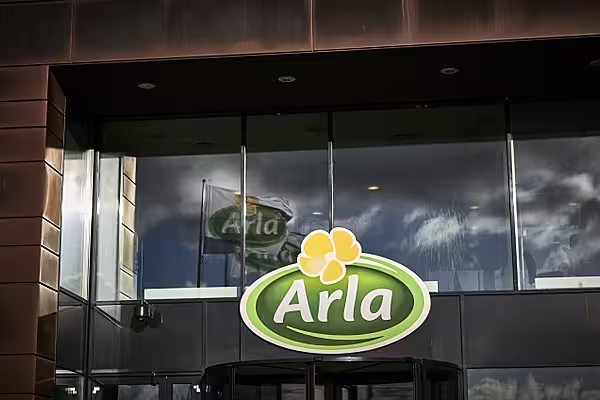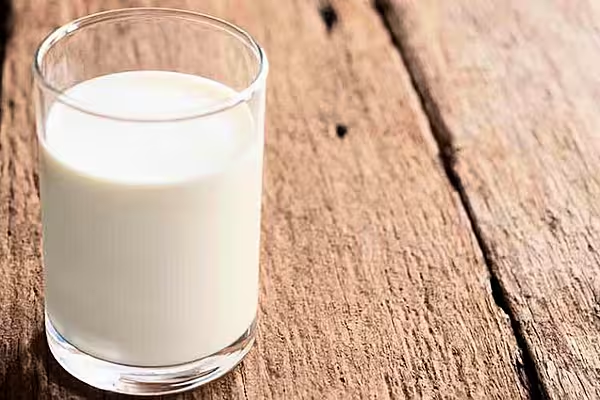Monsanto has made an increased takeover offer to Syngenta, seeking to draw the Swiss pesticide producer to the negotiating table after its earlier approach was rejected, according to people familiar with the matter.
The recent offer values Syngenta at about 470 Swiss francs per share in cash and stock, compared with the 449 francs the U.S. firm offered earlier this year, the people said, asking not to be identified discussing a private situation. That would translate to a market capitalization of about 43.7 billion francs ($47 billion), data compiled by Bloomberg show.
Raising the bid goes against Monsanto’s pledge not to do so unless warranted by a review of Syngenta’s books, said Matt Arnold, a St. Louis-based analyst at Edward Jones & Co.
"There’s a little bit of dwindling price discipline here," Arnold said by phone Monday. "You’d think this is probably the last increase they would do without having more information."
Monsanto fell 4 percent to $93.55 in New York on Monday. The St. Louis-based company’s new offer isn’t necessarily final and could change if Syngenta agrees to enter negotiations and open its books for due diligence, the person said. So far the Basel-based company has refused to negotiate with Monsanto, arguing that it has stronger prospects on its own and that a cost-cutting reorganization is just starting to bear fruit.
A successful deal would turn Monsanto, led by chief executive officer Hugh Grant, into the largest global producer of both seeds and crop chemicals, widening its footprint in Europe significantly. Producers of agricultural chemicals are facing a slowdown in spending on their products, making consolidation more attractive.
The proposed merger would, however, almost certainly face significant opposition from regulators, politicians, and environmentalists on both sides of the Atlantic wary of allowing Monsanto more influence over agriculture. The company has been one of the strongest proponents of so-called genetically modified organisms, which are mostly banned in the European Union because of what activists say are uncertain environmental and health effects. Monsanto and many scientists maintain the products are safe.
Bloomberg News, edited by ESM. To subscribe to ESM: The European Supermarket Magazine, click here.
